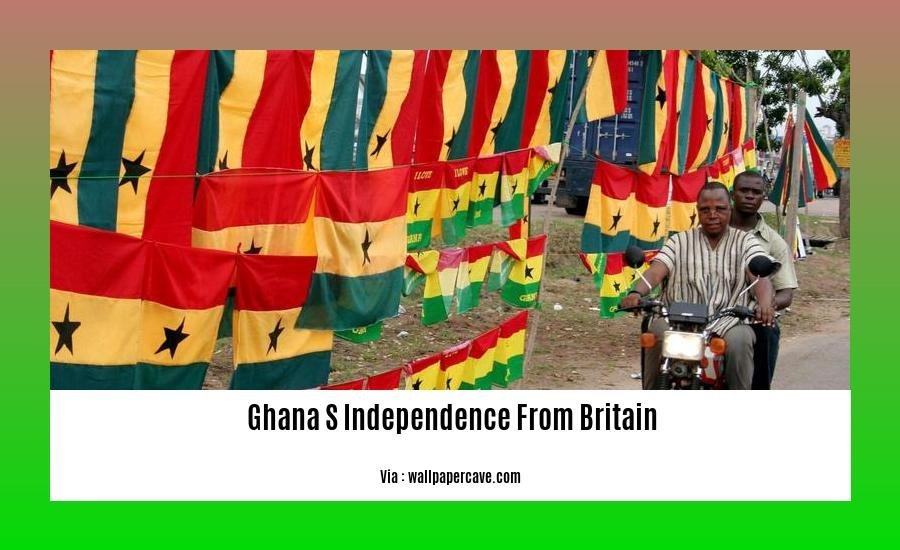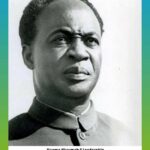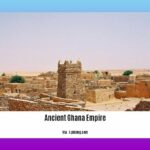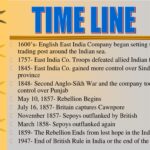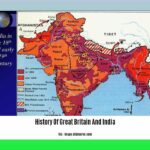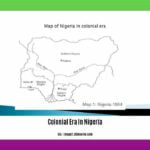Ghana’s Independence from Britain: A Pivotal Moment in African History
Key Takeaways:
- Ghana became the first sub-Saharan African nation to gain independence from colonial rule on March 6, 1957.
- This significant event marked a pivotal moment in African history.
- Dr. Kwame Nkrumah, the first president of Ghana, played a crucial role in the independence movement.
Ghana’s Independence from Britain
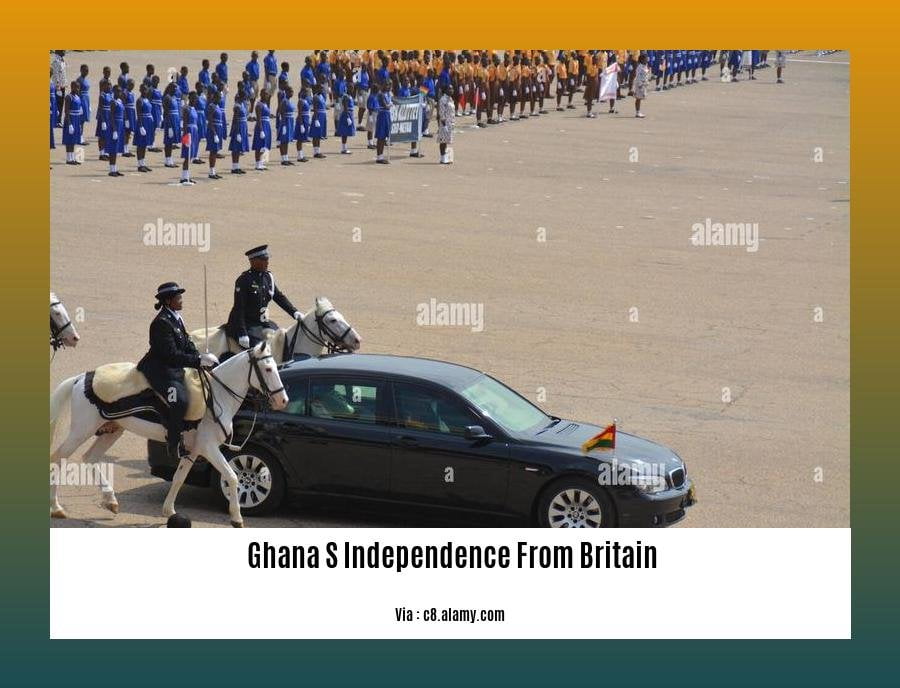
Ghana, once under British colonial rule, became the first sub-Saharan African nation to achieve independence on March 6, 1957. This momentous event marked a pivotal turning point in African history.
Roots of Independence Movement
The seeds of Ghana’s independence movement were sown in the post-World War II era. A growing global anti-colonial sentiment, coupled with the rise of African nationalist movements, fueled aspirations for self-governance.
Key Figures: Kwame Nkrumah
Dr. Kwame Nkrumah emerged as the charismatic leader of the independence movement. As the first President of Ghana, he played a central role in negotiating independence from Britain and shaping the new nation’s destiny.
Path to Independence
The path to independence was not without its challenges. Nonviolent protests and civil disobedience campaigns marked the early struggle. Eventually, negotiations with the British government led to the establishment of a transitional government in 1954.
Significance of Independence
Ghana’s independence had a profound impact on the African continent:
- Inspired other African nations to seek independence from colonial rule.
- Boosted the morale and self-confidence of Africans.
- Contributed to the growth of the pan-African movement.
Legacy of Independence
The legacy of Ghana’s independence continues to resonate today:
- Established a foundation for democracy and economic development.
- Strengthened the spirit of unity and cooperation among African nations.
- Remained an inspiration for people around the world seeking freedom and self-determination.
To learn about the rich past of the nation, delve into History of Ghana and explore the Ancient Ghana Empire, a flourishing kingdom that left an indelible mark on the region. Discover how Kwame Nkrumah’s leadership shaped the country’s destiny and guided it towards independence and progress.
Foreign Policy and International Relations: Ghana’s Pivotal Role
Ghana’s independence marked a Foundational moment for African self-determination. Here’s a breakdown of its impact:
Foreign Relations
- Ghana played a leading Force in the Non-Aligned Movement, promoting diplomacy and economic cooperation.
- It Fostered strong ties with other independent African nations, building a sense of unity and brotherhood.
- Ghana’s Foreign policy advocated for economic liberation and the end of colonialism throughout Africa.
Foreign Aid and Development
- Ghana received substantial Foreign aid from Western and Eastern blocs during the Cold War.
- This aid Facilitated economic development projects, such as infrastructure, education, and healthcare.
- Ghana’s Foreign policy leveraged aid to promote national growth and progress.
Future Implications
- Ghana’s Foreign policy continues to shape its role as a regional leader.
- It Fosters cooperation in areas such as trade, security, and climate change.
- Ghana’s Foreign policy is a Fundamental pillar in building a stronger and more prosperous Africa.
Key Takeaways:
- Ghana’s independence inspired other African nations to seek Freedom and self-rule.
- Its Foreign policy promoted African unity and non-alignment.
- Ghana used Foreign aid to Facilitate economic development.
- The country remains a Foreign policy Force in Africa, advocating for peace, stability, and progress.
Sources:
- Ghana’s Foreign Policy: Past, Present, and Future
- Ghana’s Foreign Policy: A Case Study in Pragmatism
Ghana’s Independence: A Turning Point for Africa’s Destiny
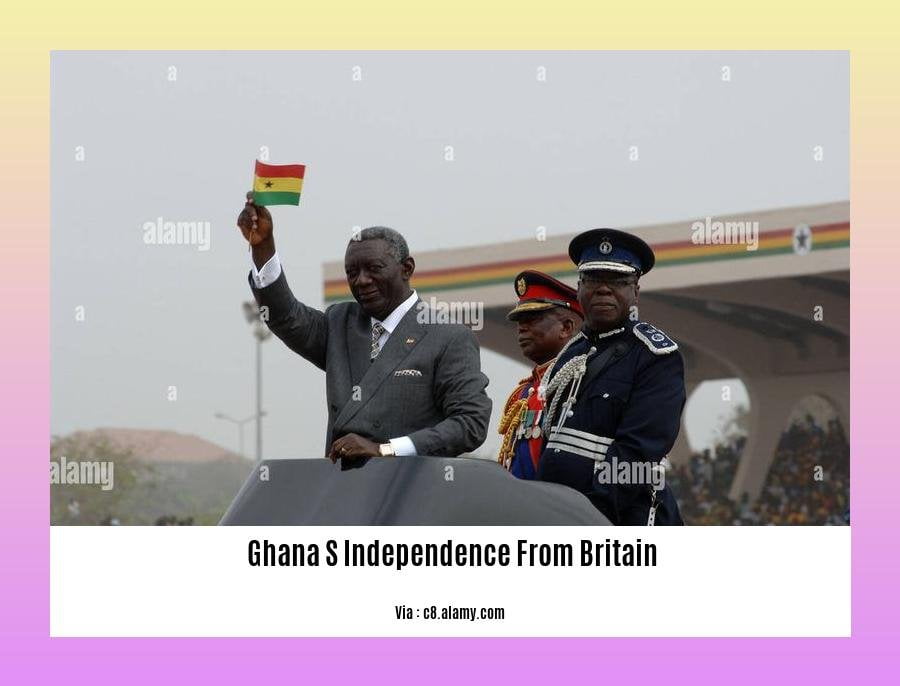
Historical Context
Ghana’s independence from British colonial rule on March 6, 1957, marked a momentous turning point not only for the nation but for the entire African continent. The Gold Coast, as it was known during British rule, had a rich cultural heritage and abundant natural resources. Yet, the seeds of discontent with colonial rule began to take root in the 1940s, sparked by anti-colonial sentiment and the rise of African nationalism.
Kwame Nkrumah: The Visionary Leader
At the forefront of the independence movement was Kwame Nkrumah, a charismatic leader who emerged as the voice of a yearning nation. Through nonviolent protests, civil disobedience, and astute negotiations, Nkrumah guided Ghana towards its self-determination.
The Legacy of Independence
Ghana’s independence sent ripples of hope and inspiration across Africa. It symbolized the triumph of African aspirations and the possibility of self-governance. Nkrumah envisioned Ghana as a beacon of liberation for other African nations, and his pan-African ideals resonated deeply.
The road to independence was not without its challenges. However, the legacy of Ghana’s freedom remains profound. It laid the foundation for democracy and economic development, fostering a spirit of unity and cooperation among African nations. Ghana’s independence gave birth to a new era of African self-determination and served as a catalyst for the pan-African movement, inspiring freedom and self-determination worldwide.
Key Takeaways:
- Ghana’s independence marked a pivotal moment in African history, symbolizing the continent’s growing desire for self-governance.
- Kwame Nkrumah’s visionary leadership paved the way for Ghana’s liberation, becoming an inspiration for other African nations.
- The legacy of Ghana’s independence includes democracy, economic development, and the strengthening of African unity.
- Ghana’s freedom played a crucial role in the pan-African movement and the global fight for self-determination.
Relevant Sources:
- Ghana – Independence, Gold Coast, Kwame Nkrumah | Britannica
- 67 years-on: How Ghana gained independence from the colonial rule
Ghana’s Independence from Britain: A Pivotal Moment in African History
Can you imagine a world where Ghana was still under British rule? In 1957, Ghana became the first sub-Saharan African country to break free from colonial chains, igniting a beacon of hope across the continent.
Imagine the echoes of Kwame Nkrumah’s voice, the first President of Ghana, as he declared independence on March 6, 1957. His words resonated with the aspirations of millions, “Ghana, your beloved country is free forever.”
Nkrumah’s leadership was crucial in mobilizing the masses. He galvanized the nation with his vision of a free and self-governing Ghana. Nonviolent protests and civil disobedience became the tools of resistance, echoing the powerful words of Mahatma Gandhi.
Ghana’s independence was more than just a political milestone; it was a symbol of African liberation. It inspired other African nations to cast off the shackles of colonialism, igniting a wave of independence movements across the continent.
As Ghana embarked on its journey as a sovereign nation, it faced both opportunities and challenges. Its abundant natural resources, particularly gold, fueled economic growth. Yet, the legacy of colonialism left scars that required careful healing.
Key Takeaways:
- Ghana’s independence on March 6, 1957, marked a pivotal moment in African history.
- Kwame Nkrumah’s leadership played a critical role in mobilizing support for independence.
- Ghana’s self-governance inspired other African nations to seek liberation.
- Despite challenges, Ghana’s independence laid the foundation for economic development.
- Ghana’s rich cultural heritage and traditions continue to shape its national identity.
Relevant Sources:
- Ghana – Independence, Gold Coast, Kwame Nkrumah | Britannica
- How did Ghana become independent of the British Empire? | GCSE History
FAQ
Q1: When did Ghana gain independence from Britain?
A1: Ghana gained independence from British colonial rule on March 6, 1957.
Q2: Who was the first President of Ghana?
A2: Dr. Kwame Nkrumah was the inaugural President of Ghana.
Q3: What was the significance of Ghana’s independence?
A3: Ghana’s independence was a pivotal moment in African history, as it was the first sub-Saharan African country to achieve independence from colonial rule.
Q4: What was the role of Kwame Nkrumah in Ghana’s independence movement?
A4: Kwame Nkrumah was a key leader in the movement for Ghana’s independence. He founded the Convention People’s Party (CPP) and led the country to self-governance.
Q5: What are some of the challenges faced by Ghana after independence?
A5: Ghana faced challenges such as economic development, political stability, and ethnic tensions after independence.
- Unraveling Einstein’s Legacy: Who Inherited His Genius? - July 14, 2025
- Unlock Einstein’s Family Tree: Bernhard Caesar & Untold Stories - July 14, 2025
- Unveiling Bernhard Caesar Einstein: His Life & Albert Einstein’s Legacy - July 14, 2025
